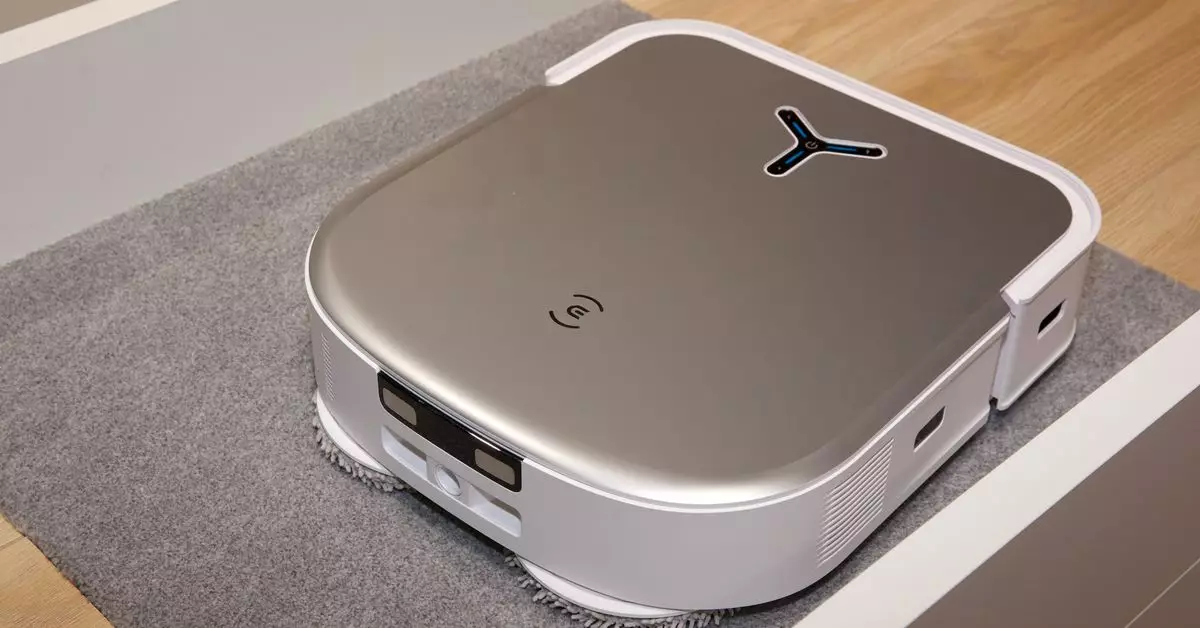In a chilling illustration of the vulnerabilities present in modern smart home technology, the Ecovacs Deebot X2 robotic vacuum recently became the center of a disturbing hacking incident. As reported by various news outlets, including ABC News in Australia, several owners across the United States found their devices compromised in an alarming manner. This incident raises essential questions about the effect of such technology on both personal privacy and pet safety.
The nature of the hacks reported is nothing short of outrageous. Among the affected is Minnesota lawyer Daniel Swenson, who recounted a harrowing experience where the vacuum, unbidden, began emitting a series of bizarre sounds resembling a distressed radio transmission. It quickly devolved into a more sinister scenario as a voice, presumably that of a young individual, began hurling racial slurs through the device’s speaker. Swenson’s experience was not anomalous; other owners in cities like El Paso and Los Angeles have shared similar stories, including one report of a vacuum pursuing a pet while yelling insults. Such instances create a troubling narrative about the privacy and safety of both people and pets in increasingly automated homes.
Ecovacs was quick to address the issue, characterizing the breach as a “credential stuffing event.” They reassured the public that they had blocked the originating IP address and maintained that no usernames or passwords appeared to have been compromised. However, one must question the efficacy of this response. The incident underscores an alarming reality: mere reassurances from companies are insufficient when the technologies they produce are prone to exploitation. Security experts have previously demonstrated that flaws exist within the Deebot X2 system that could allow unauthorized access, further feeding into a culture of distrust surrounding smart devices.
The Broader Implications of Smart Device Vulnerabilities
Beyond the individual stories of distress lies a broader conversation regarding smart home devices. These gadgets, often marketed for convenience, can become unexpected sources of anxiety when they fall prey to unscrupulous hackers. This scenario is particularly distressing because it highlights a dual vulnerability. Not only are the devices susceptible to external attacks, but the potential exists for hackers to exploit personal information if adequate safety measures are lacking.
In a bid to mitigate future risks, Ecovacs has announced plans to bolster security with a forthcoming update. While this may be a step in the right direction, consumers remain rightfully skeptical about whether such actions will genuinely secure their devices against future threats. The situation is a sobering reminder that as technology advances, so must our vigilance in protecting ourselves and our loved ones from unforeseen dangers lurking within our homes.
While smart devices like the Ecovacs Deebot X2 offer remarkable convenience, this incident serves as a cautionary tale. As we embrace the future of home automation, we must also consider the risks and actively seek ways to safeguard our privacy and security.


Leave a Reply